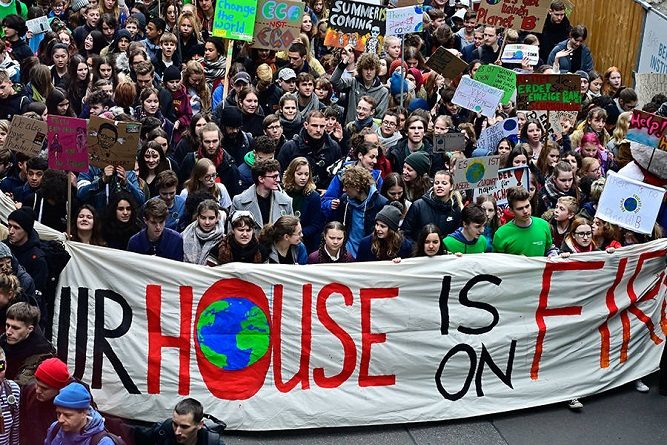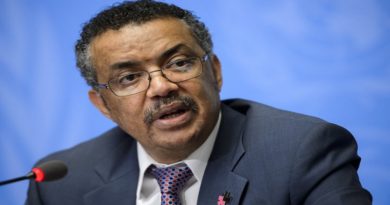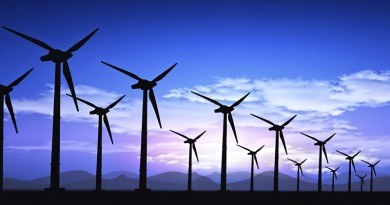Activists, students, others kick off Climate Strike protests worldwide
Ahead of the UN Climate Summit taking place in New York next week, millions of people around the world on Friday 20 September 2019 kicked off the long awaited Climate Strike to draw the attention of world leaders to the urgent need to act now on the challenge of climate change.
The biggest distributed climate mobilization ever seen. Organisers estimate that over four million people took to the streets today, kicking off a week of actions in which more than 5,800 events will take place in 163 countries in all corners of the globe. Over 7,370 websites shut down and around 3,000 companies closed their doors in support of the Global Climate Strikes.
From Jakarta to NYC, from Karachi to Amman, from Berlin to Kampala, from Istanbul to Québec, from Guadalajara to Asunción, in big cities and small villages, millions of people joined hands and gathered their voices in defense of the climate.
There were 40,000 people striking in France; 2,600 in Ukraine; 5,000 in South Africa; 10,000 in Turkey; 5,000 in Japan; 30,000 in Australia; 100,000 in London; 400,000 in Australia; 250,000 in NYC; and 1.4 million in Germany only.
The demands are as diverse as the regions they are coming from, but the ultimate ask is unique: to stop burning fossil fuels and take real actions to overcome the climate crisis.
“Today we saw a movement, made up of people from all ages and backgrounds coming together and calling for the end of coal, oil, and gas. No matter what differences we have, we are together now because we are fighting for our future.
September 20th was a demonstration of intent, of four million people who took time off from work or school to say that they are ready. Ready to move on and make the changes we need for a future free from fossil fuels and based in climate equity and justice. And it was only the beginning.” May Boeve, Executive Executive Director of 350.org
Today’s demonstrations mark the beginning of a global mobilisation which will span until next Friday, September 27th. The climate week will surround the UN Climate Summit being held on the 23rd of September, which will gather world leaders in an attempt to accelerate the shift away from fossil fuels, to implement the Paris Agreement and meet the climate challenge.
“We have shown that we are prepared to take action. Now the governments need to follow through to act at the source of the flames that are engulfing our planet: fossil fuels. And they must prove their intentions in concrete terms: What are their plans for phase out coal, oil, and gas production? When are their deadlines and how will they fund the transition so it’s fair for everyone?
There is no more time to lose. We must start now to implement the changes we need to tackle the climate crisis and create a better world. This will be the most challenging time of our lives but the marches today give us hope not just of survival but that we can thrive.”
Thousands of students took to the streets of Australia and other Asia-Pacific countries to kick off a global strike demanding world leaders gathering for a UN Climate Action Summit adopt urgent measures to stop an environmental catastrophe.
“We didn’t light it, but we’re trying to fight it,” read one sign carried by a student in Sydney, as social media posts showed huge demonstrations around the country including outback towns like Alice Springs.
“The oceans are rising and so are we,” read another sign held by a protester wearing school uniform in Melbourne.
Similar protests, inspired by the 16-year-old Swedish activist Greta Thunberg, are planned in some 150 countries on Friday.
The aim is for students and others from around the world to speak in one voice about the impending effects of climate change on the planet.
The strike will culminate in New York when Thunberg, who has been nominated for a Nobel prize for her climate activism, will spearhead a rally at home of the United Nations headquarters.
Thunberg noted the “huge crowd” in Sydney in a tweet, which she said would set the standard as the strikes moved across Asia, Europe and Africa.




